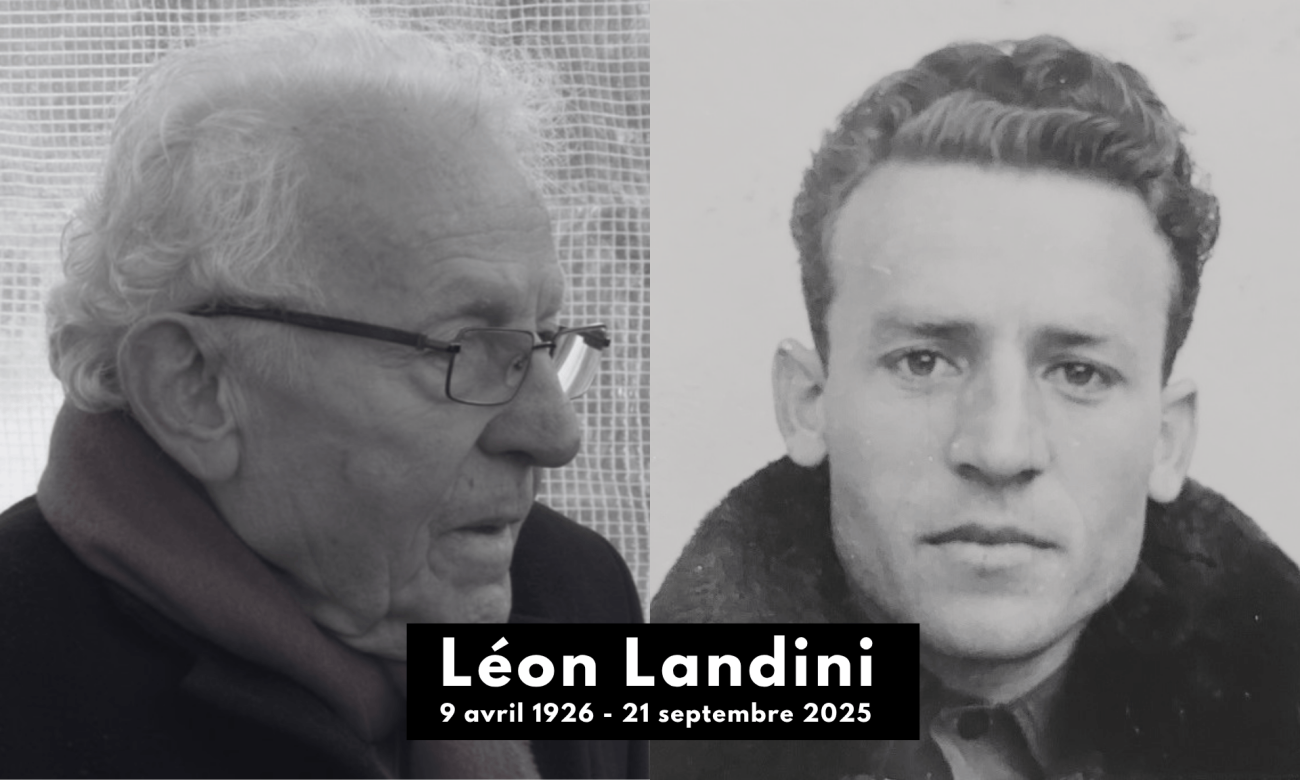In May of this year, government business secretary Greg Clark unveiled his proposal to boost the practice of hydraulic fracturing (commonly known as ‘fracking’) in England, with a debate on the subject taking place in parliament on 12 September. (Energy policy: written statement – HCWS690, Parliament website, 17 May 2018)
Fracking is the process whereby underground oil and gas deposits are injected with a slurry of water, chemicals and sand in order to crack open existing fissures in the rock and facilitate the extraction of the oil and gas within.
The controversial process has been opposed by an array of pressure groups, scientists and activists owing to the wealth of evidence that it has a seriously detrimental impact on public health and the environment.
Latest fracking proposal
Clark’s proposal is somewhat surprising, given that a growing number of countries – including Germany, France and most recently Scotland – and some US states have passed legislation banning the extraction of shale gas, largely as a result of widespread public opposition rather than the benevolent concern of politicians.
The most alarming of Clark’s proposals is the removal of the requirement for fracking companies to gain local planning permission, which would enable the central government to decide whether a drilling operation can take place, rather than local authorities. This would severely restrict the ability of local communities to have a say in whether drilling takes place in their area.
Furthermore, Clark wishes to continue for a further two years the criteria for recovering planning appeals as outlined in the 2015 ministerial statement, which means that Clark will personally have the final say over whether a fracking site will be granted permission, rather than an independent inspectorate.
This damning proposal represents a blatant infringement of democracy, the environment and public health in favour of big business and profiteering.
Despite this obvious attack on democratic rights, Clark has reassured the public: “The government remains fully committed … to ensuring that local communities are fully involved in planning decisions that affect them” – a statement which almost mockingly contradicts the entire content of his proposal.
One could argue that this move is partly a reaction to the decision of Lancashire county council to refuse planning permission to the fracking company Cuadrilla in 2015, which served as a strong example of what local organisation can achieve, even when faced with a powerful corporation as an adversary.
However, despite the council citing various legitimate environmental concerns surrounding fracking – specifically the 2.3 magnitude earthquake that struck Blackpool in 2011 as a result of a previous drilling operation – cabinet minister Sajid Javid overturned the council’s refusal in 2016, in many ways anticipating the latest proposal, as well as providing a stark reminder of our government’s role as the defender of the bourgeoisie’s class interests.
The extent of this deregulation has concerned many environmentalist groups: Greenpeace has remarked that the lack of a requirement to attain local planning permission will make “exploratory drilling as easy as building a garden wall or conservatory”. (Fast-track fracking plan by the government prompts criticism by Adam Vaughan, The Guardian, 17 May 2018)
Impact of fracking
There are certainly many reasons to be vehemently opposed to fracking. Studies conducted in America have demonstrated the range of damaging effects the process can have.
A study by the Endocrine Disruption Exchange (TEDX) has shown that 93 percent of the chemicals used in hydraulic fracturing that they identified were hazardous to human health, and 41 percent were ‘endocrine disruptors’, meaning they affect the development and function of living organisms. (See Frack Health database at Endocrine Disruption Exchange)
This is especially concerning given the history of contaminated water either leaking into groundwater or being dumped into water reserves in the USA as a result of corporate negligence. (Pavillion, Wyoming groundwater investigation factsheet, US Environmental Protection Agency, August 2010)
With regards to air pollution, a study by the US’s National Oceanic and Atmospheric Administration (NOAA) has indicated that 4 percent of the methane produced at a shale gas site in Colorado escaped into the atmosphere. With methane being 4 times more potent a greenhouse gas than CO2, the methane produced by one site in Weld County was equivalent to the carbon emissions of 1-3 million cars. (CU-Boulder researchers confirm leaks from Front Range oil and gas operations, University of Colorado Boulder, 7 May 2014)
Moreover, a report prepared for the Western Governors Association showed that the state of Montana experienced a 310 percent increase in nitrous oxide levels as a result of fracking. (Wyoming’s natural gas boom comes with smog attached by Mead Gruver, NBC News, 9 March 2011)
The damaging effect of nitrous oxide has been shown by the UK government body, Committee on the Medical Effects of Air Pollutants (COMEAP), who have suggested that there is a causal relationship between nitrous oxide exposure and respiratory and cardiovascular mortality. (Statement on the evidence for the effects of nitrogen dioxide on health, UK Government website, 12 March 2015)
Despite the overwhelming evidence to the contrary, Greg Clark states: “There are potentially substantial benefits from the safe [!] and sustainable exploration and development of our onshore shale gas resources.”
However, it is plain to see that the ‘substantial benefits’ that will be reaped from this proposed deregulation will not reach the pockets of the residents, who will have to suffer the degradation of their natural landscape, their way of life and potentially their long-term health – all in order to line the pockets of stockholders at companies like Riverside Holdings, a private equity firm that owns 45 percent of the shares of Cuadrilla.
Ecology and capitalism
The actions of our government need to be viewed in relation to its position as the legislative and executive arm of the bourgeoisie. As Marx and Engels noted in The Communist Manifesto: “The executive of the modern state is nothing but a committee for managing the common affairs of the whole bourgeoisie.” (1848, Chapter 1)
It is simply not in the nature of a bourgeois government to act in the defence of proletarian interests. While governments may espouse progressive policies with respect to the environment (such as those contained in the Paris Agreement on climate change), it remains the case that as long as the extraction of fossil fuels is profitable, the state is likely to side with the profiteers.
Moreover, as long as markets exist, they will have to be in a permanent state of expansion, seeking to commodify every natural resource they can find, regardless of the impact on the environment.
As a result, this is not simply a question of the wrong people being in charge of oil companies; rather, it is a systemic issue that is inherent to the anarchy of a market economy.
Educating the directors of oil companies and equity firms to become more mindful of the environment will not prevent them from pursuing practices such as fracking; the demands of the current mode of production force them to act in this way. Saving the planet tomorrow is no compensation for going out of business today.
Our job as communists
The CPGB-ML understands the absolute necessity of establishing a planned economy in order to solve the current ecological crisis, and to end the anarchy of free-market capitalism.
While we in no way oppose innovation and the expansion of the energy sector, or the expansion of industry aimed at providing for people’s needs, it is perfectly clear that the time has come to make as swift a transition as possible from a carbon-based economy to one that is based on renewable and sustainable energy sources.
In the short term, while alternative sources of energy are developed, we may also need to adapt our lifestyles (both as a society and as individuals) to become less demanding of energy.
Moreover, we recognise the need to fight for environmental regulations to protect the living spaces of the community, to protect the health of workers and to protect the countryside from unbridled despoliation.
It seems clear that hydraulic fracturing in its current form is a damaging process, which should be banned, along with any other such egregiously polluting methods of energy extraction.
Consequently, as communists, we must make it our job to support all local communities that are opposed to fracking, and campaign to have the process banned outright, as has already been achieved by campaigners elsewhere.










